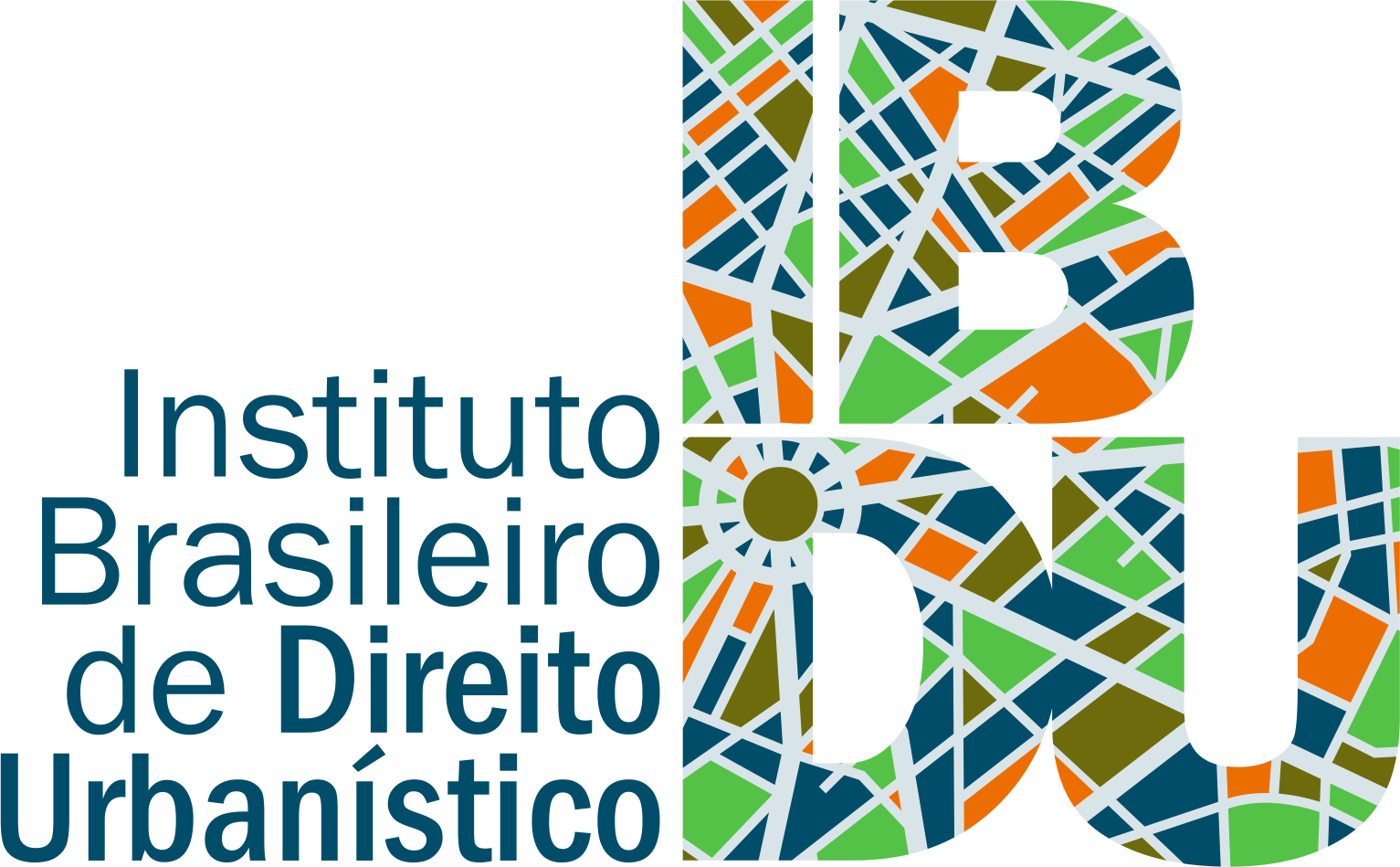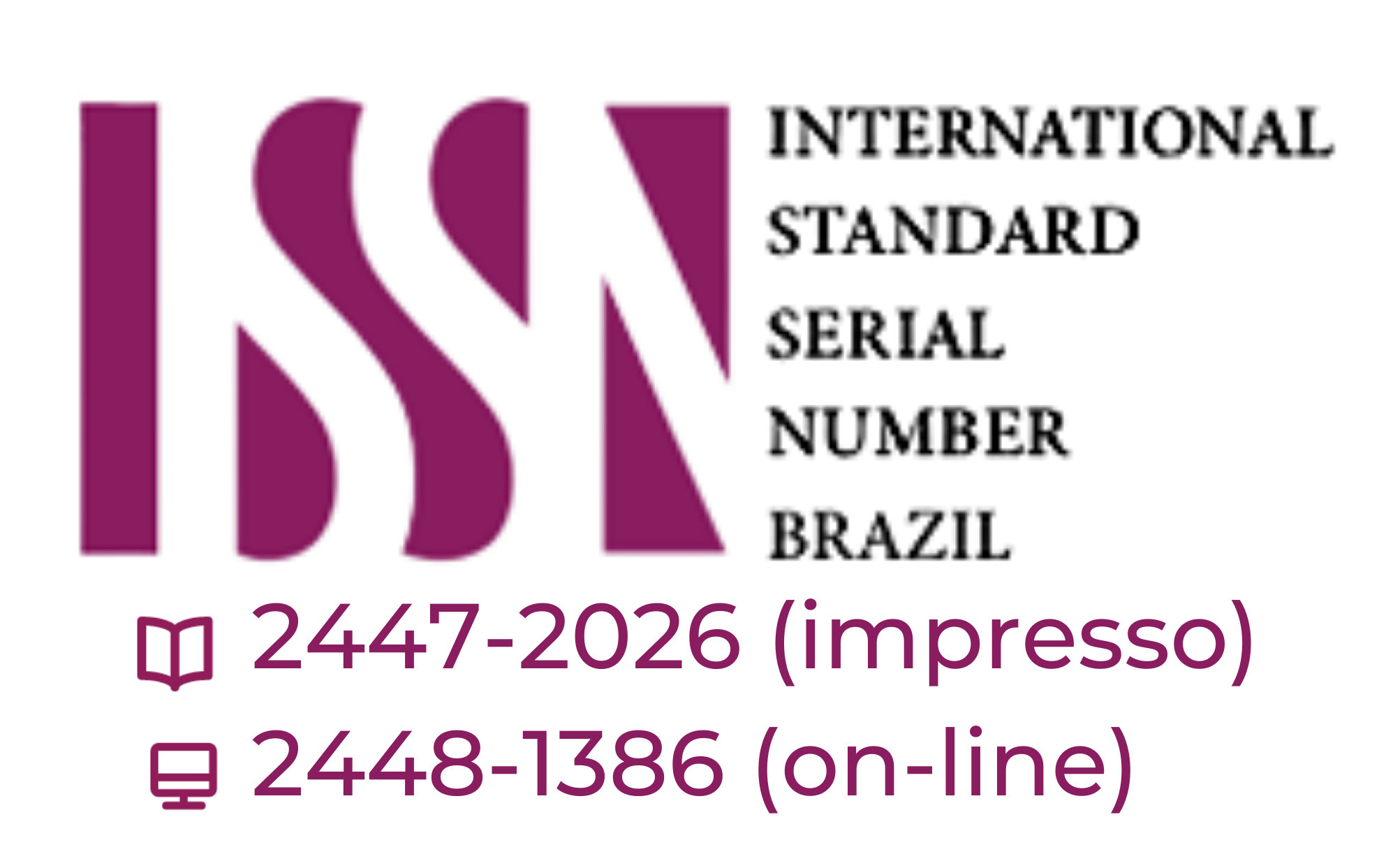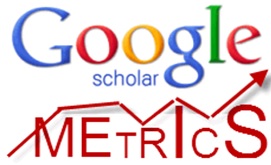The Challenges in the Practical Application of the 382 Summary of the Superior Labor Court when the Transmucidation of Legal Regimes of Public Servants
DOI:
https://doi.org/10.55663/rbdu.v5i9.392Keywords:
management status, public servant, transposition of legal regimeAbstract
Beyond the idea of bureaucracy, the State Management introducing EC 19/1998 represented
a new form of Administer. Driven by the principle of efficiency, Volta Redonda City put into practice such an attempt and extinguished the transport autarchy and created the Municipal Department of Transportation and Urban Mobility. The challenge, however, was to make it possible to transpose legal regimes based on the TST’s summula 382 without the loss of labor rights. This article presents the legal and labor conditions to be observed by the administrators based on the legislative, doctrinal and jurisprudential research of the Attorney General’s Office, aiming, in particular, to reconcile human dignity of the server with administrative legality.
Downloads
References
BANDEIRA DE MELLO, Celso Antônio. Curso de Direito Administrativo. São Paulo: Malheiros, 2014.
BRASIL. Tribunal Superior do Trabalho. Súmula nº 382.
CANOTILHO, J. J. Gomes et al. Comentários à Constituição do Brasil. São Paulo: Saraiva/Almedina, 2013.
COSTA, Ângelo Fabiano Farias da et al. Reforma Trabalhista na visão de Procuradores do Trabalho. Salvador: Juspodivm, 2018.
MEIRELES, Edilton. A Constituição do Trabalho. São Paulo: LTr, 2014.
MOREIRA NETO, Diogo de Figueiredo. Curso de Direito Administrativo. São Paulo: Grupo Gen, 2014.
OLIVEIRA, Rafael Carvalho Rezende. Curso de Direito Administrativo. São Paulo: Método, 2015.
Downloads
Published
How to Cite
Issue
Section
License
Copyright (c) 2019 Revista Brasileira de Direito Urbanístico | RBDU

This work is licensed under a Creative Commons Attribution-NonCommercial-NoDerivatives 4.0 International License.
Este periódico é licenciado por Creative Commons (CC-NC-ND-4.0 Internacional). A submissão e a publicação de artigos são gratuitos; Trabalhos avaliados por pares duplas cegas; o periódico utiliza o CrossCheck (antiplágio); e cumpre com o Guia dos Editores da COPE - Committee on Publication Ethics, além das recomendações Elsevier e SciELO. Veja os Termos da Licença Pública Creative Commons Atribuição-NãoComercial-SemDerivações 4.0 Internacional














